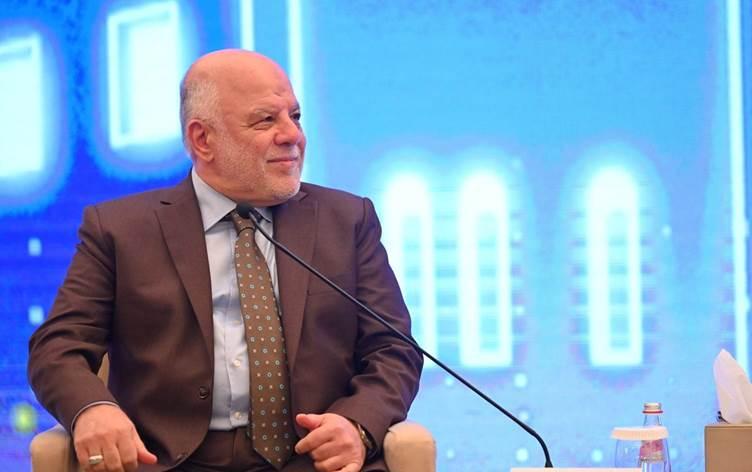
ISIS continues to pose ideological threat
Former Iraqi prime minister on Thursday warned that though defeated territorially, the Islamic State (ISIS) continues to pose a threat as an ideology.
Speaking at the second annual Erbil Forum, Haider al-Abadi, stated that “ISIS as an ideology still exists. You cannot overcome an ideology with guns,” referring to the fact that the jihadist group was declared militarily defeated in 2017.
“The population assumed that the threat of ISIS disappeared, but it didn’t. ISIS remained dangerous until we smacked their heads in Mosul,” Abadi stated.
ISIS seized large swathes of Iraqi and Syrian territory in 2014 and declared a so-called “caliphate.” While the group was declared territorially defeated in Iraq in 2017, it still continues to pose serious security risks through hit-and-run attacks, bombings, and abductions across several provinces.
The terror group is particularly active in the disputed territories between Erbil and Baghdad, stretching across several provinces including Kirkuk, Salahaddin, and Diyala.
Over 200 ISIS fighters were killed in Iraq in 2022, Major General Tahsin al-Khafaji, spokesperson for the Joint Operations Command, told Rudaw late December.
“The country requires a unified vision and we need the best people to come enact upon that vision,” Abadi said when touching upon the economic and political changes Iraq faces.
“If we as a collective do not change ourselves, nobody else from the outside world will come and change us,” Abadi added. “The change has to come from the ballot boxes.”
Snap parliamentary elections were held last October, resulting in a victory for prominent Shia cleric Muqtada al-Sadr. After failing to gather support to form a government, the Sadrist bloc consisting of 73 MPs resigned from parliament in June.
Months of political stalemate followed and the peak of tension between the rival Shiite factions manifested into deadly clashes in September which left at least 30 people dead, marking the worst violence the capital had witnessed in years.
“This was a political decision via a political movement, but the basic constraint was posed by the constitution,” the former Iraqi premier said regarding the withdrawal of the Sadrist Movement from the Iraqi political process.
Abadi also touched upon the instability of the Iraqi dinar on the exchange market. Iraq earlier in February restored the exchange rate of the IQD-USD to 1,300 per dollar, the highest value of the dinar since 2020, amid a depreciation of the dinar leading to a surge in prices of basic goods and protests by Iraqi citizens.
“The issue of exchange rates is very dangerous. As a prime minister, I was supporting the stable exchange rate because if you decrease the exchange rate, people will benefit … but this does not work alone,” Abadi said as the Iraqi dinar oversees a devaluation.
The drop of the Iraqi dinar value was attributed to corruption, smuggling dollars out of Iraq, and pressure from the United States.
“My vision is that we should have an open market, of course this open market requires auditing and monitoring … you need to have a monitoring system and follow up with the people who smuggle US dollars,” he added.
Source: rudaw





